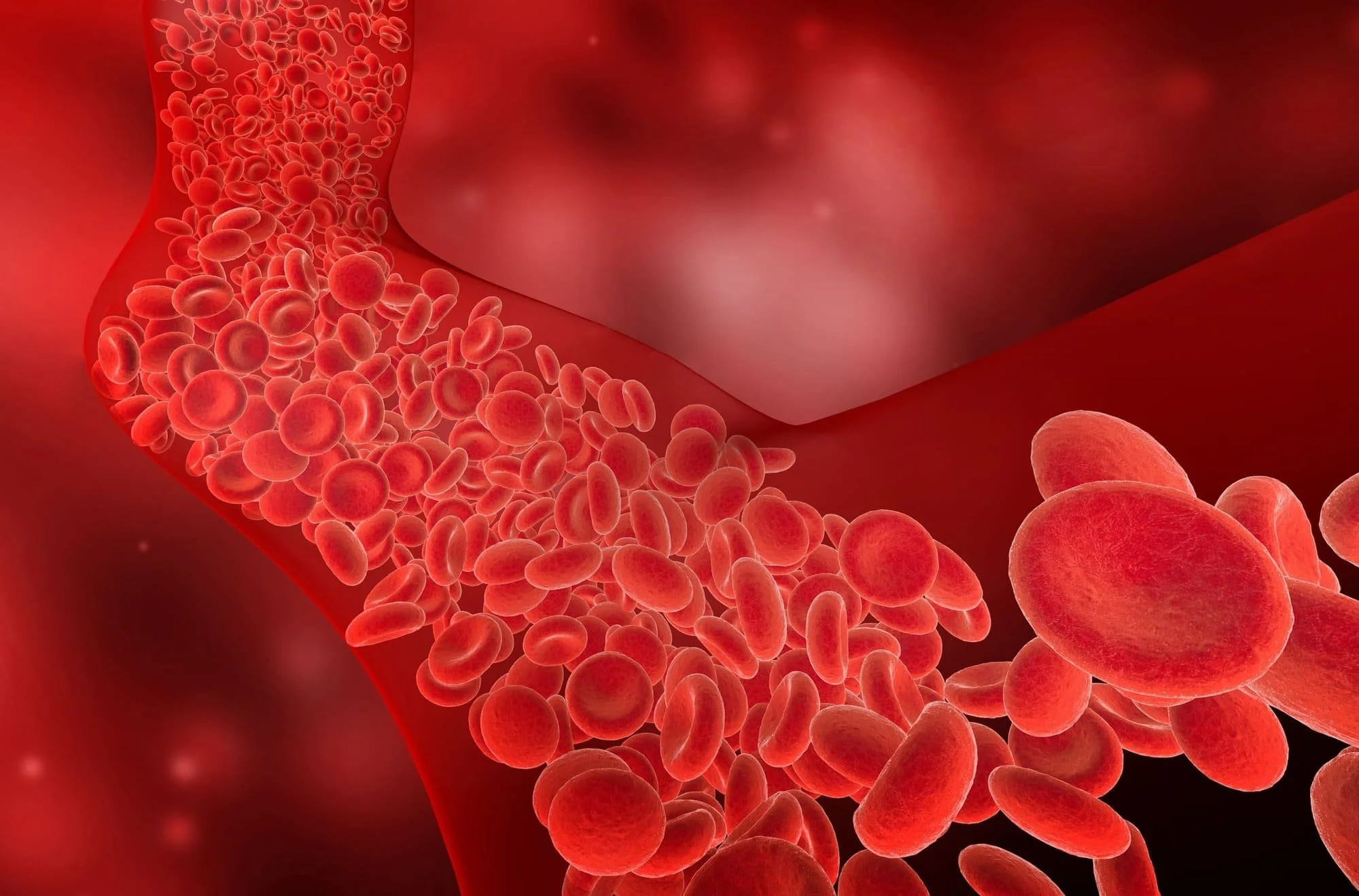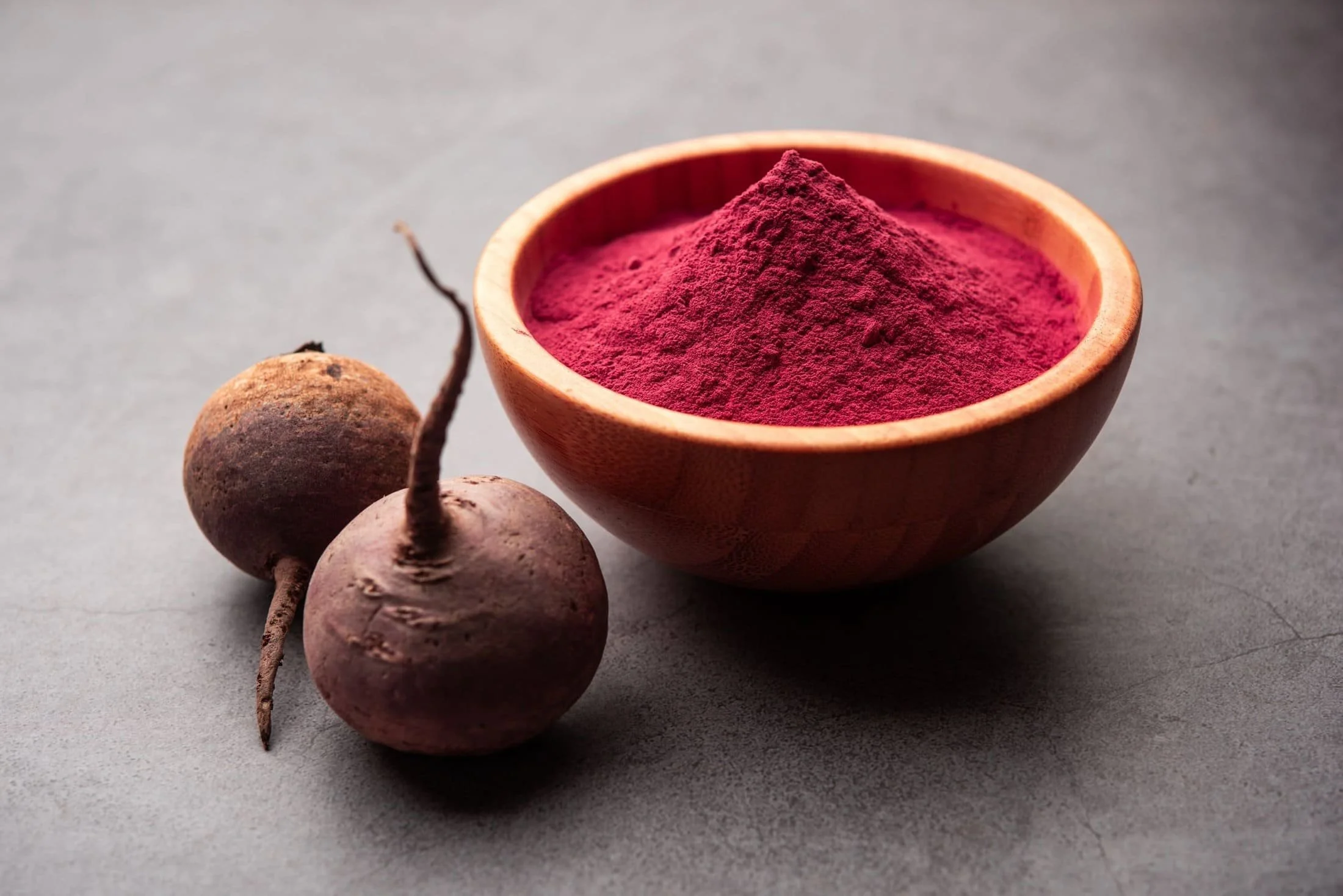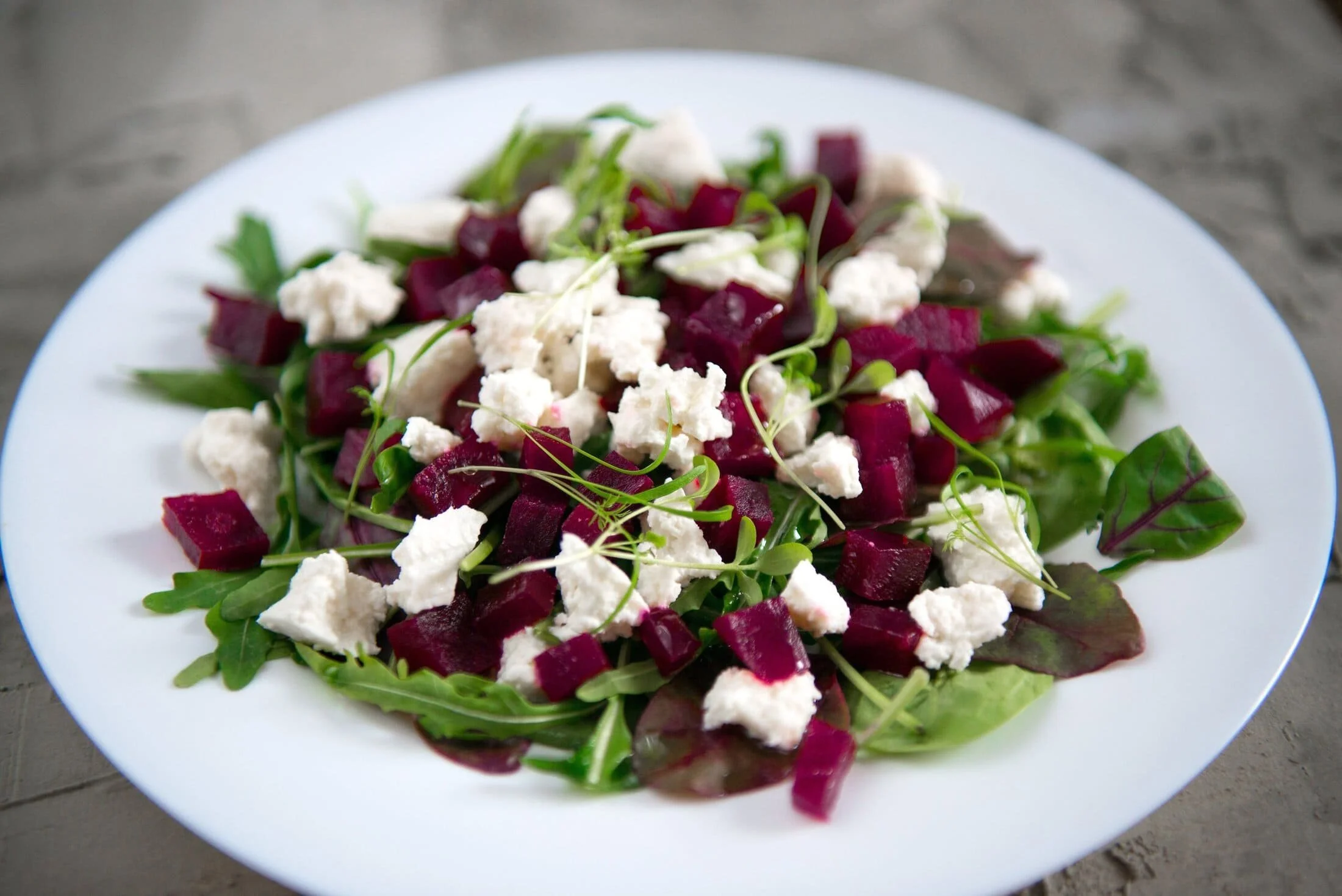Improve your Cardiovascular Swimming Performance: The Benefits of Beets and Nitric Oxide
/If you're a swimmer looking for an edge in endurance, recovery, or aerobic capacity, one surprising tool might be sitting in your fridge: beetroot.
Over the past decade, beetroot has become one of the most studied natural supplements for endurance athletes. It's especially popular among runners, cyclists, rowers—and now more swimmers are paying attention.
The reason? Nitrates in beets increase nitric oxide, which helps blood vessels relax and improves how efficiently your body uses oxygen. That means longer, smoother swims with less fatigue.
Let’s break down what beetroot does, how it works, and how swimmers can use it effectively.
beet juice and athletic performance
What Is the Primary Benefit of Beetroot Juice Supplementation for Endurance Athletes?
The short answer: Improved oxygen efficiency and blood flow.
Beets are rich in natural nitrates. When you eat or drink them, your body converts those nitrates into nitric oxide, a molecule that helps your blood vessels dilate. This process can make your muscles more efficient at using oxygen, especially during long or intense training sets.
For swimmers, that means:
Less effort to hold pace in long sets
Quicker recovery between intervals
Improved cardiovascular efficiency
Several studies back this up. For example, athletes supplementing with beetroot juice showed better endurance, lower oxygen cost of exercise, and improved performance at altitude.
Why Beets and Nitric Oxide Matter for Swimmers
Swimming is unique in its mix of cardiovascular demand, breath control, and full-body movement. Endurance swimmers in particular rely heavily on their aerobic system and efficient oxygen use.
That’s where beets and nitric oxide come in.
Improved nitric oxide levels can lead to:
Increased blood flow to working muscles
Better oxygen delivery during high-intensity efforts
Reduced fatigue during aerobic sets
Better stroke control in distance events
These effects have been well-documented in sports like cycling, rowing, and running—but the mechanisms apply just as well to swimmers.
Beetroot Athletic Performance: What the Research Says
While most research isn’t done directly on swimmers, findings from other endurance athletes are promising:
In one study, rowers taking beetroot juice improved their time to exhaustion and rowing economy.
Cyclists who supplemented with nitrates completed time trials faster and used less oxygen at the same workload.
Athletes training at high altitudes showed improved vascular function and oxygen delivery with nitrate supplements.
How Much Beet Juice Before Workout?
If you're using beet juice, timing and dose matter.
✅ Recommended dose: 300–500 mL (about 10–17 ounces)
✅ Timing: 2–3 hours before training or competition
✅ Nitrate content: Aim for 6–8 mmol of nitrate
That’s the sweet spot used in most studies. Drinking it too close to your swim may not give your body enough time to convert nitrates to nitric oxide.
Start with a lower amount first—some athletes experience mild stomach issues with concentrated beet juice.
Many studies have used beetroot juice to study its performance benefits. Typically, a single dose of 300-500 mL (about 10-17 ounces) of beetroot juice, containing around 6-8 mmol of nitrate, is often used. Consuming this amount 2-3 hours before exercise is recommended.
Not a Fan of Juice? Try Beetroot Powder for Athletes
If beet juice isn’t your thing, no worries. There are other ways to get the same performance benefits:
1. Beetroot Powder for Athletes
Beetroot powder is:
concentrated
shelf-stable
portable
easy to mix into smoothies or water
Look for powders with:
400–500 mg nitrate per serving, or
labels that say “equivalent to 500 mL of beet juice”
Powders also avoid the GI distress some swimmers get from high-volume liquids.
2. Beet Chews and Nitrate Gels
Beet chews have become popular among endurance athletes for good reason—they’re easy to take before or even during a workout.
How many beet chews should I take a day?
Check the label, but most athletes take 1–2 chews daily to hit that 6–8 mmol nitrate range. Don’t overdo it—more isn’t always better.
3. Whole Beets
Whole foods still work. Eating 1–2 cooked or raw beets a few hours before your swim can give similar benefits, plus fiber, potassium, and antioxidants.
If you're not a fan of beetroot juice or prefer a more convenient option, you can also find beetroot supplements in the form of capsules or powder. These supplements often contain a more palatable, or at least smaller, dose of concentrated beetroot extract, providing 6-8mmol or roughly 400mg of nitrite often cited as the recommended performance dose. Follow the recommended dosage on the product label, which can vary between brands.
When to Use Beetroot for Swim Training or Racing
Here’s how swimmers can use beetroot juice for workout performance:
Before aerobic swim sets: Helps you hold pace with less fatigue
Race prep (especially 200m+): Enhances endurance and oxygen use
High-altitude training camps: Supports vascular function and oxygen delivery
Dryland workouts: Boosts stamina in circuit training or long cardio days
The best beet juice for athletes is one that fits into your schedule and doesn’t cause GI issues. Many prefer concentrated shots for ease.
Are Beets Right for You? Realistic Expectations
Beetroot isn’t magic. It won’t fix poor technique, inconsistent training, or rushed warm-ups.
But when used correctly, it can support:
better energy efficiency
lower perceived exertion
improved stroke control
faster recovery between intervals
Some swimmers notice the effects immediately. Others feel improvements after 1–2 weeks of consistent use.
Coach’s Recommendation:
Test nitrate supplementation during two regular workouts and note your pace control, breathing rhythm, and recovery. Never make your first attempt on race day.
Should Swimmers Try Beets?
If you want to improve endurance, oxygen efficiency, and cardiovascular performance, beets are absolutely worth experimenting with.- The mechanism is solid.
- The research is strong.
- The benefits are realistic.
And thousands of swimmers and triathletes use beets every season to great effect.
-
Yes. Research shows improved oxygen efficiency, reduced fatigue, and better sustainable pace — all crucial for swimming.
-
2–3 hours for peak nitric oxide production.
-
Yes. Many endurance athletes use it daily during high-volume periods.
-
Indirectly. Better oxygen efficiency still matters, but sprinters feel a smaller effect than distance athletes.
-
All work — the key is hitting 6–8 mmol nitrate in a tolerable form.
Should Swimmers Try Beets?
If you're serious about endurance and recovery, it’s worth experimenting with beetroot for athletes. Whether it’s in the form of juice, powder, or chews, the performance benefits are supported by real research and thousands of athletes using it every season.
So next time you prep for a big swim or tough training cycle, consider adding beets and nitric oxide to your nutrition plan.
Want personalized help improving your performance?
Get expert coaching with Dan Daly – tailored swim training, dryland plans, and nutrition strategies that actually work.
References:
Bond H, Morton L, Braakhuis AJ. (2012). Dietary nitrate improves rowing performance. Int J Sport Nutr Exerc Metab.
Lansley KE, et al. (2011). Nitrate supplementation reduces oxygen cost of exercise. J Appl Physiol.
Cermak NM, et al. (2012). Beet juice enhances time-trial performance in cyclists.
Domínguez R, et al. (2017). Beetroot juice and endurance: A systematic review. Nutrients.
Bakker E, et al. (2015). Nitrate improves arterial function at altitude. Nitric Oxide Journal.









